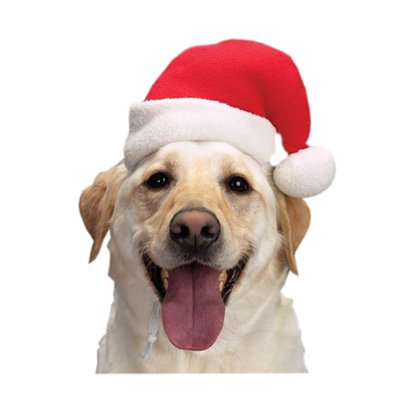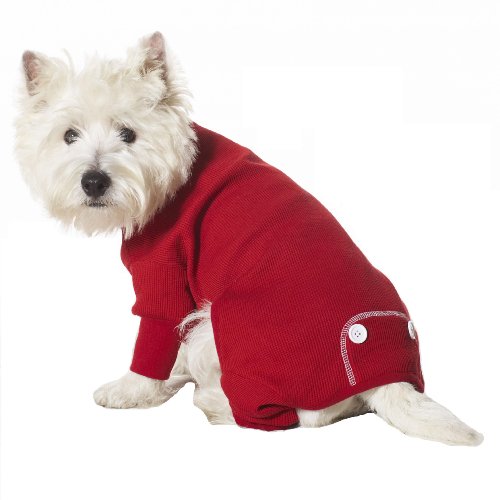 Table food can cause dogs to suffer from acute gastroenteritis (an inflammation of the stomach and intestine) or pancreatitis. In both diseases, dogs experience severe vomiting, diarrhea, abdominal pain, and listlessness.
Table food can cause dogs to suffer from acute gastroenteritis (an inflammation of the stomach and intestine) or pancreatitis. In both diseases, dogs experience severe vomiting, diarrhea, abdominal pain, and listlessness.Bones may lead to obstructions in the esophagus, the stomach, or the intestine and lead to severe digestive signs.
Furthermore, grapes, raisins, onions, and chocolate are foods that dogs and cats should not receive. They are toxic to pets and can cause potentially fatal diseases, such as acute kidney failure, anemia, or seizures.
Finally, most ornamental plants (e.g., poinsettias, mistletoes, holly, etc.) can cause stomach upset.
Decorating usually involves more electrical cords, so please check to make sure that your pets are not chewing on them, as electric shock may have devastating consequences. Also, some pets may try to eat batteries, so please make sure that they are put away safely.
 Candy wrappers, aluminum foil, plastic wrap, or ribbons can lead to serious problems if eaten by dogs or cats. Tinsel is particularly enticing to cats. When ingested in sufficient quantities, it binds into a rope that can cause severe intestinal obstruction and require surgical treatment.
Candy wrappers, aluminum foil, plastic wrap, or ribbons can lead to serious problems if eaten by dogs or cats. Tinsel is particularly enticing to cats. When ingested in sufficient quantities, it binds into a rope that can cause severe intestinal obstruction and require surgical treatment.Any small decoration or toy poses a swallowing hazard. If a child can choke on small toys or parts, then so can the family dog or cat.
The weather in December and January can be quite chilly, so, please remember to bring in your outside pets overnight if a hard freeze is forecast.
If your pet becomes sick or if you think that it may have ingested something harmful, contact your veterinarian immediately. Delays in seeking veterinary help may seriously complicate the problem.
Source: Louisiana State University School of Veterinary Medicine Veterinary Teaching Hospital
No comments:
Post a Comment